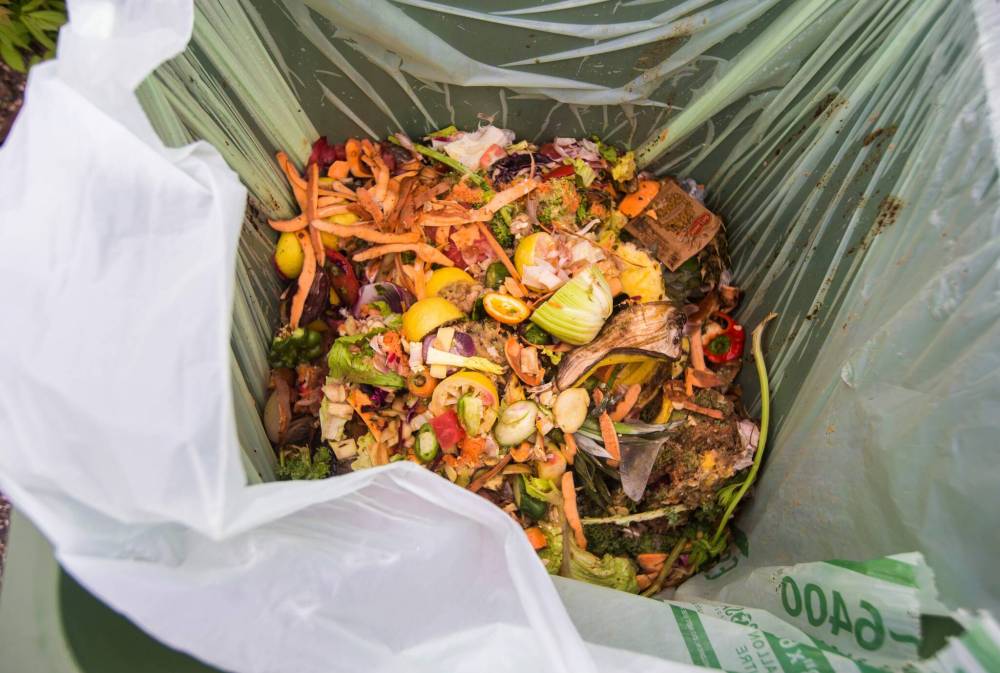
About half of unmarried women aged 20-40 in Seoul have considered egg freezing. (Image courtesy of Kobiz Media) SEOUL, Nov. 4 (Korea Bizwire) – In a significant reflection of changing attitudes toward family planning in South Korea, about half of unmarried women aged 20-40 in Seoul have considered egg freezing, according to a new report from the Seoul Metropolitan Government’s Women and Family Policy Review.
The study, released on November 2, surveyed 800 unmarried women aged 20-49 living in Seoul. Among 790 respondents who had not previously undergone the procedure, 51.4% reported having considered egg freezing.
Additionally, 4.3% had actively sought information through internet searches or consultations with healthcare providers or acquaintances, while 44.3% had never considered the option.
The primary motivation for considering egg freezing was preparation for delayed childbirth due to academic or career pursuits (44.8%). Other common reasons included maintaining future fertility options despite current lack of pregnancy plans (26.
8%) and desire to preserve eggs at a younger age (24.6%). Among 413 women interested in participating in Seoul’s egg freezing subsidy program, the age distribution showed a clear pattern: 55% were in their 30s, followed by those in their 20s (28.
6%) and 40s (16.5%). The demographic analysis revealed that 88% of interested participants held at least a bachelor’s degree, with 70% being college graduates and 18.
4% having post-graduate degrees. The study found strong correlation between employment status and interest in egg freezing, with 91.3% of interested participants being employed.
Regarding household income, the majority fell into middle-income brackets, with 38.3% earning between 2.5-5 million won monthly, followed by 27.
9% earning 5-7.5 million won. Regression analysis of 440 women who had considered the procedure showed higher participation interest among women in their 20s, those with monthly household incomes above 2.
5 million won, and employed individuals. “The results indicate that women maintain interest in childbirth but seek to coordinate timing with their academic and career trajectories,” the report stated. It recommended expanding the current support program, particularly suggesting prioritizing coverage for egg storage fees, which was requested by a majority of respondents.
Since September 2023, Seoul has been subsidizing egg freezing procedures, covering 50% of costs up to 2 million won for women aged 20-49. The program, implemented in partnership with the General Insurance Social Contribution Committee, aims to support healthy pregnancy planning by making the expensive procedure more accessible. The insurance association has committed to providing 3 billion won in support through 2026.
Interested participants can apply online through Seoul’s information portal (umppa.seoul.go.
kr) or seek telephone consultation through the Seoul Foundation of Women and Family. M. H.
Lee ([email protected]).











